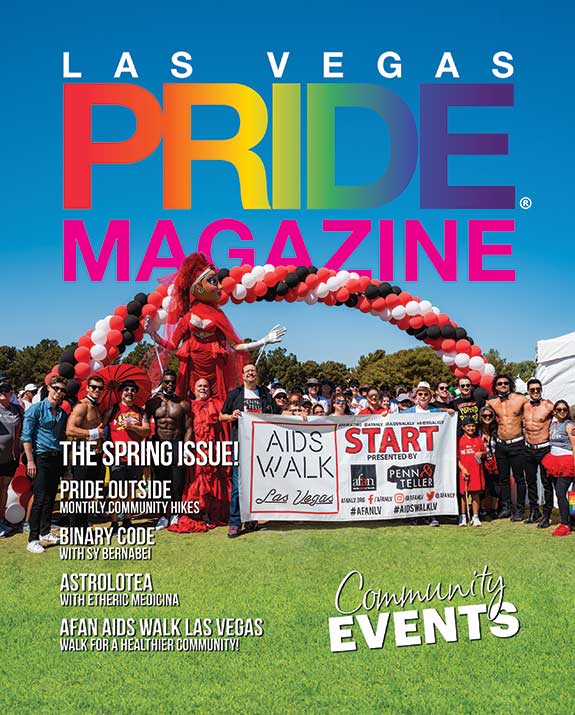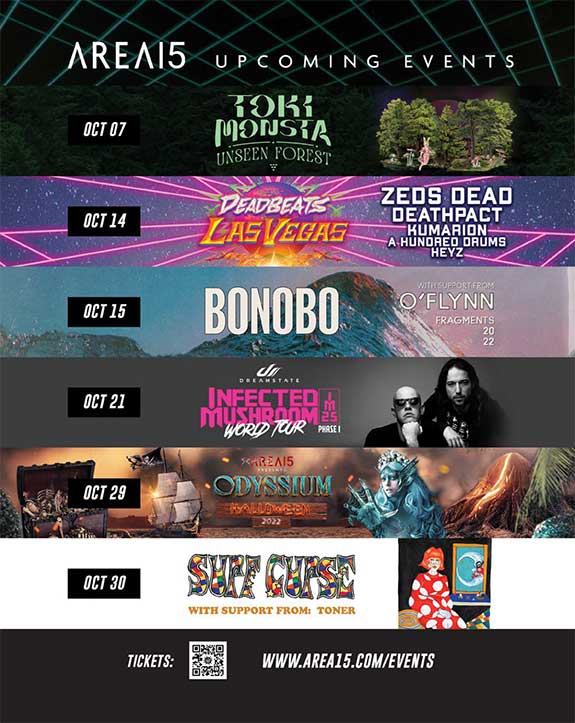Binary Code: Sy Bernabei
Article By Jennifer Howe (They / Them)
Photography by Ali Vasey
I had the opportunity to sit down with Sy Bernabei, the current director of operations for the nonprofit, Gender Justice Nevada. It was a beautiful day when I strolled into the office space on the 2nd floor of the New Orleans Square building. Sy was wearing their signature black t-shirt and jeans. However, the black t-shirt and jeans had some paint smears on them, rare pops of color on their usually black and denim palette. They were in the middle of painting a few walls with some fresh colors in preparation for Gender Justice’s Genderfest all-day symposium on March 25th. Sy has a small frame, and their arms are spattered with several different black tattoos composed of symbols and text. They were sitting across from me with their legs crossed on top of the chair. Sy has a distinct raspy voice; they smile and use their hands a lot as they talk.
What is your gender identity?
Non Binary and They/ Them Pronouns
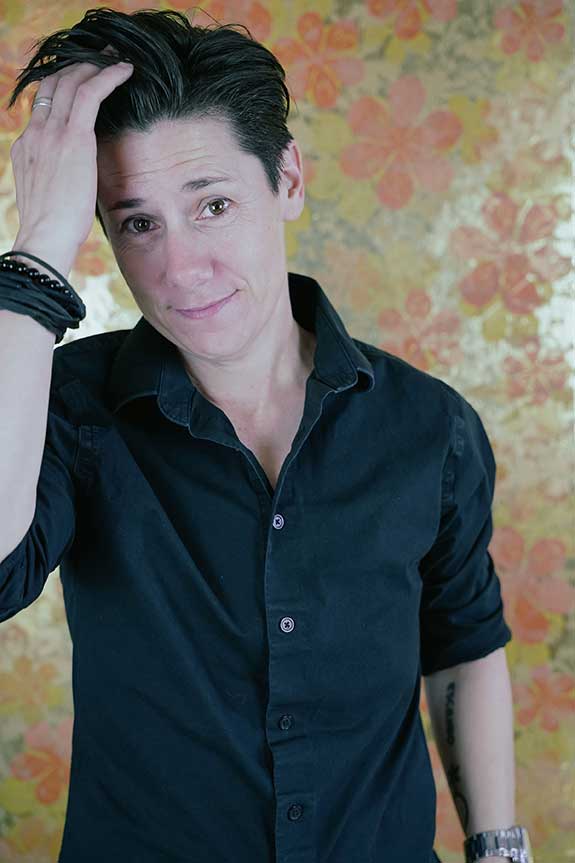
Tell me about your coming out Journey.
For as long as I can remember, I never embraced being a girl. I identified in that way. That’s the thing, if people asked me if I was a girl or boy, I would say I was a girl because of what we thought back then. So I identified as a cisgendered female almost my whole life. I was a kid dressing in boy’s clothes and all of that. It affirmed me, but I had no idea 40 years later [I would be] identifying in a non-cis way. I didn’t even know the term cisgender for ten years. For many of us in this community, we know that that is a lot of how we grew up, just being different. No one was saying, “you’re trying to be this or that,” or “don’t you know you’re this or that” because that wasn’t the conversation back then. Now if an eight-year-old is like, “I don’t like girl’s clothes, I like boy’s clothes. I want to use this name….” we might say now, that’s a gender diverse kid, or that’s a trans kid. But we didn’t have that back then.
So not until 19 did I even realize what it meant to be butch. I didn’t know. We didn’t have the visibility. Even with lesbian celebrities like Melissa Ethridge, she was a soft butch. You didn’t see these diesel dykes out there, so wanting to be masculine just wasn’t a thing. I go from being a tomboy to being butch to being non binary, and where I am now is the most free I have ever felt in my life. It’s not just the increase in terminology and things like that. It’s a fact I know how far I have come in 45 years.
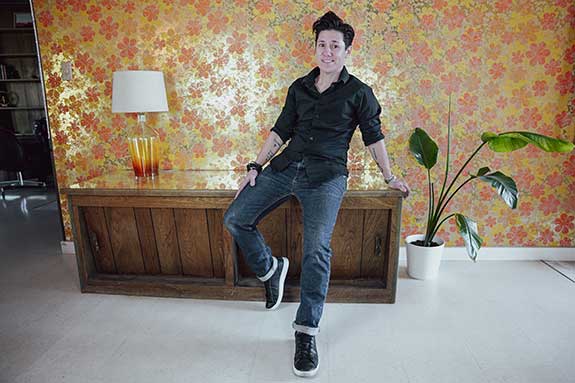
How did you get involved with activism?
My mom was an activist, and I went to rallies with her when I was a kid. I remember holding up banners. All of her activism was rooted in kids with disabilities and families who were supporting them. I remember my mom being on a megaphone in the middle of a park or in front of a state building, yelling that her kids deserve the same things other kids get, education, healthcare, all those things. My mom said, “Sometimes you have to be really loud.” And she would wear this pin that said “Just a Mom.”
I tell parents now that is your most powerful role. It doesn’t matter if you are a politician or you hold a title. You being a mom, you being a parent is powerful. As long as you’re loud and speak your truth and get folks to be with you in the fight, that’s what activism is.
At the same time my mom was doing this, the AIDS crisis was unfolding, and by the mid-’80s, we had an AIDS service organization here [in Las Vegas], and I went down there at a very young age and started volunteering. I think I was 7 or 8, licking envelopes and sending them out. And at that time, see the queer community, all volunteer run, doing things like protests, like die-ins, seeing things like that, that is what changes society and government. There is a backlash to it because there are obviously people who don’t like that. It was the religious right at the time, and it still is.
By the time I was in high school, I was organizing teens for AIDS walks. I’m volunteering, got into college, got political, and got involved with Bill Clinton’s reelection campaign. So I’ve always been political. I’ve always been someone who likes to get loud and annoying. Then through the 2000s, working with different AIDS service organizations and queer organizations here and in Los Angeles has always been something I have done. I took a few years off to stay home with my kids, but even then was at home doing online activism and talking about what it’s like to be a parent in the queer community. That’s when gay marriage was happening, too; that’s when that fight was happening. So activism started from when I can remember. My brothers were older than me, so my mother was already doing that work when I came around. When I was born in 1977, she had already been doing that work for years. So as a kid, I just thought that was my mom’s job, that she just goes and yells at people, ya know, and cusses out Ronald Reagan when he was on TV. I thought that was my mom’s job, and now my kids think that’s my job which is kinda cool, but it’s always been a part of my life.
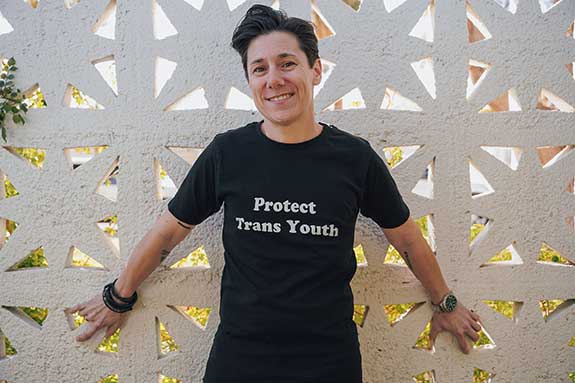
How long have you been with Gender Justice? And what type of work is Gender Justice doing?
I started here in the spring of 2017, so about six years now, it feels like a lot longer. Our most important work is education, which we do through training. We mobilize the community, especially now that it is under attack. We need folks saying, “We’re doing a rally this day, we’re partnering with these organizations, we’re doing these meetups and events.” Because the work that needs to be done right now is to get a community together, lean on each other, support each other, and uplift each other.
So education, awareness, we’re in the middle of a legislative session. Yesterday we were at a bill hearing for trans healthcare, and a lot of that is getting on the phone and social media, mobilizing folks to be there. We prepare them for when they arrive by telling them what to expect. Many are first-timers at a hearing or a protest. Ya know, I think the most important thing is sending the message to everyone in our community, no matter who you are; you could have just come out yesterday, you might be eighty years old and just come out; you’re important, and your voice matters in this fight. Especially when we’re talking about young people, they need to know because they are under attack right now. No matter what society tells them, they are important and worthy of living and becoming thriving adults in our society.
Right now, that is the crux of our work, it will shift, and it always does. Right now, it’s ensuring that everybody knows they are loved, valid, and important when the world is telling them they are not. However we can do that, that’s the work we do.
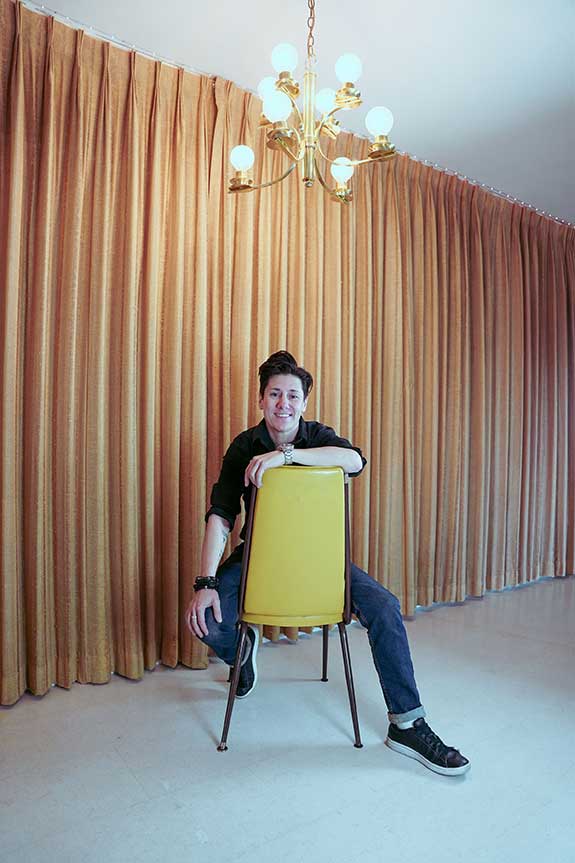
What do you think the Las Vegas Queer community needs?
We need to uplift voices that aren’t heard. We need to recognize that our community is very diverse. We need to make space for other voices. We need to learn from each other more. We need to sit down and honestly try to unlearn some things, unpack some things, and listen to each other more.
What that takes is us willing to share the spotlight or say, “listen, I know I am in this community, but let’s shift and talk about this other community too. Let’s talk about the intersections. Let’s talk about not just the trans experience but the trans immigrant experience. Let’s talk about the trans-disabled experience.” We need to do that more. Leaders in this community need to do that more, the media needs to do that more, and everybody in this community needs to do that more.
And ask people outside our community, “What do you think trans means?” If the response is something like “Trans is a man who wants to be a woman,” then ask, “Why do you think that? And what do you think about non-binary people?” Really trying to have dialogues with people in and out of our community will help raise the consciousness of what it means to be gender diverse. That is what I think will get this community where it needs to go because it’s still kinda stuck with limitations about what it means to be queer and what it means to be trans. Yeah, create that space, keep pushing, and keep talking about these things in ways we haven’t before.
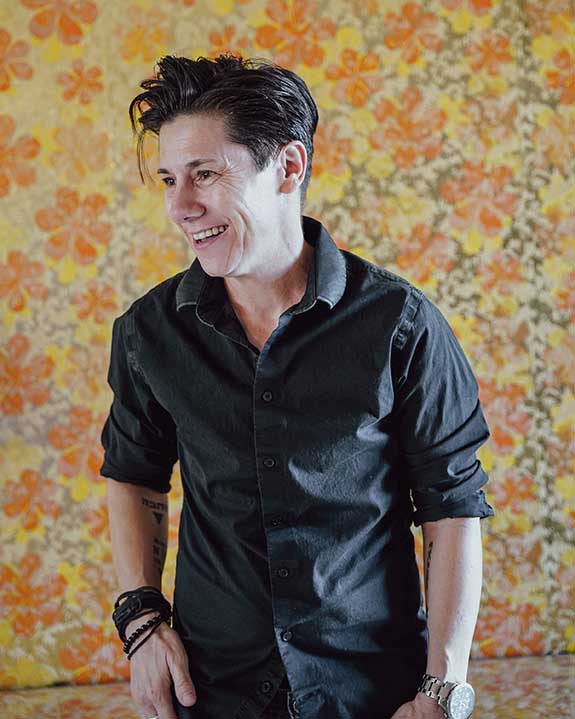
This article was originally published in the 2023 Spring Issue of Las Vegas PRIDE Magazine, and can be read in its original format here.

